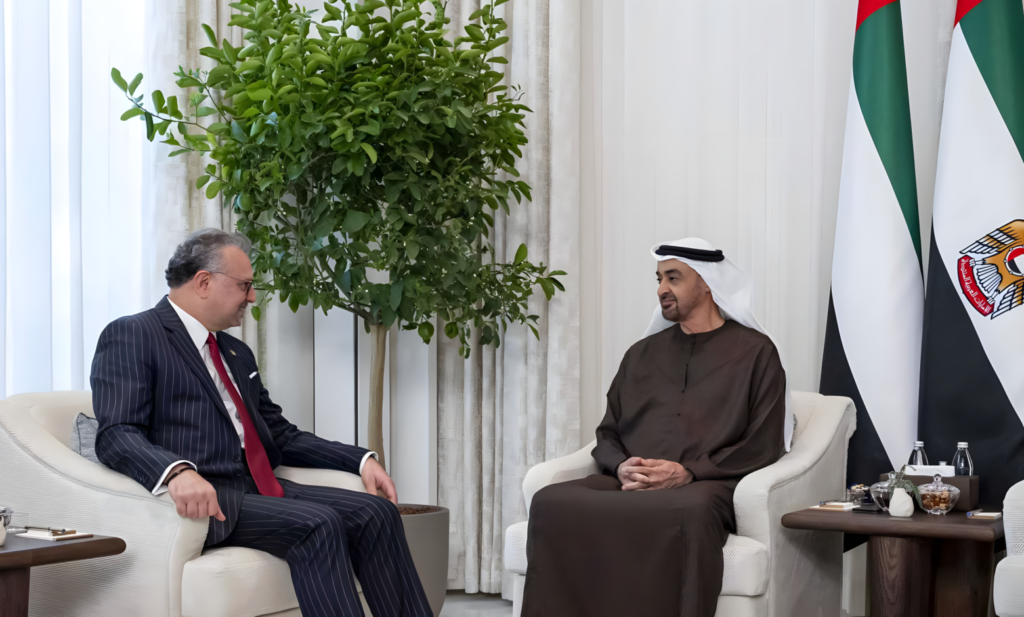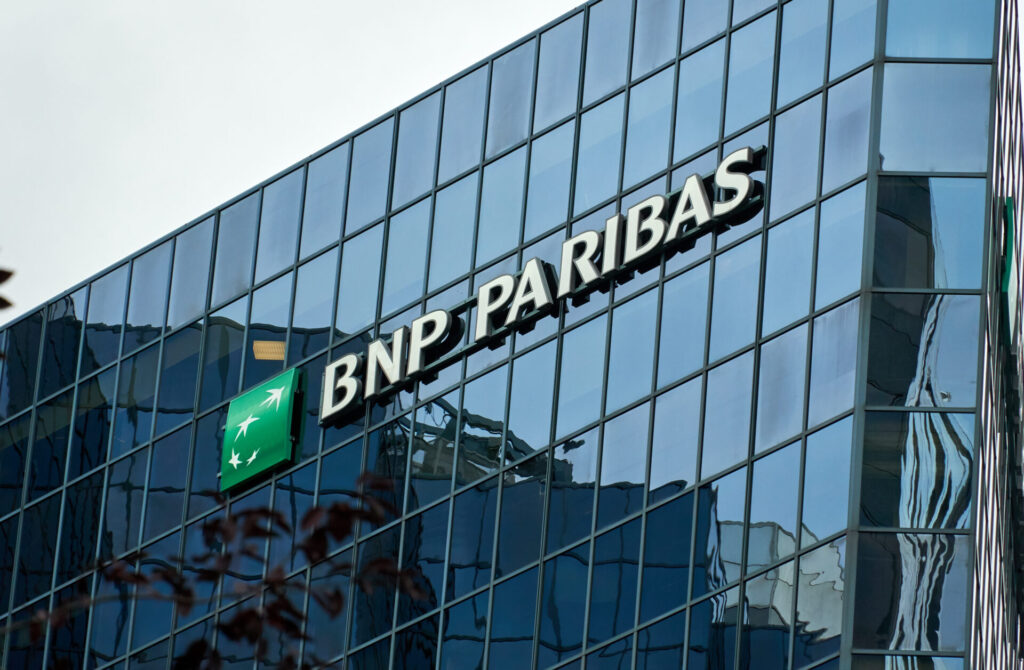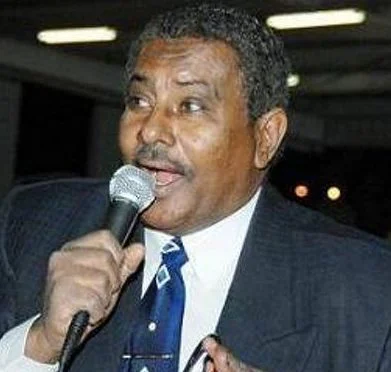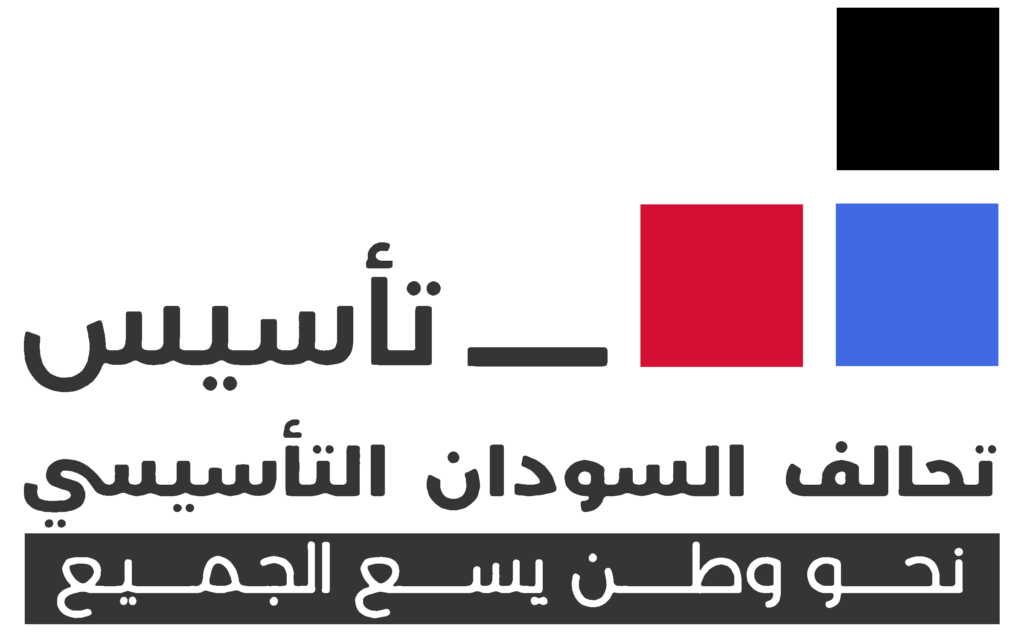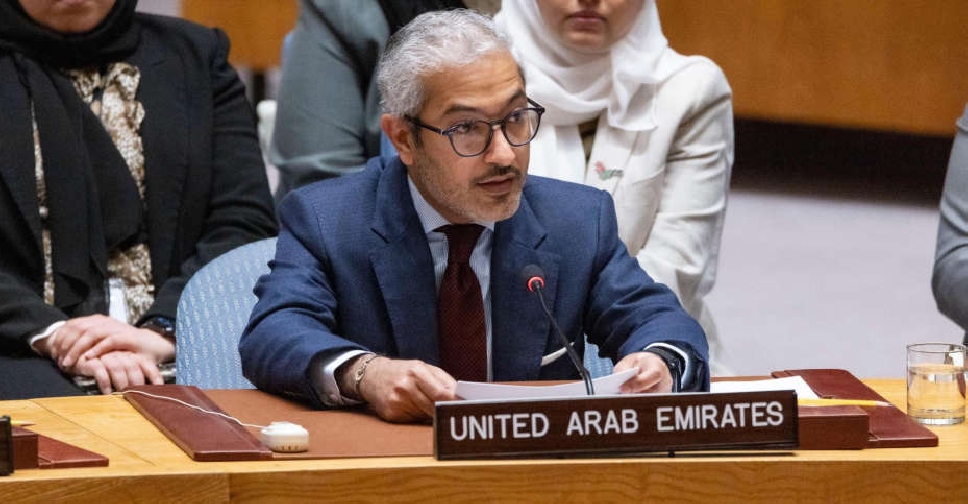
The United Arab Emirates set out a two-track plan to help end Sudan’s war, combining immediate humanitarian steps with a political path toward a civilian-led transition. The roadmap was presented by Ambassador Mohamed Abu Shahab, the UAE’s permanent representative to the UN, during a UN Security Council session on Thursday focused on the escalation in El-Fasher, North Darfur, after the Rapid Support Forces (RSF) seized the city on October 26.
Key points on El-Fasher and urgent relief
• The UAE announced an additional $100 million to support life-saving operations in and around El-Fasher.
• Abu Shahab condemned attacks on civilians in the city as “a flagrant violation of international humanitarian law.”
• UAE urged the RSF to ensure civilian protection and the safety of relief operations, and called on the wider international community to hold all perpetrators of atrocities to account.
Political track for Sudanwide de-escalation
• The UAE urged the Security Council to press both belligerents to the table and use every available tool to compel negotiations.
• It called for an immediate humanitarian truce leading to a cease-fire, full restraint by both sides, and an end to any targeting of civilians.
• Warring parties should comply with international humanitarian law, guarantee safe corridors for aid, and allow the UN to operate freely.
• A credible transition should begin toward a civilian government independent of either side in the conflict.
Fighting between General al-Burhan’s army (SAF) and the RSF erupted in April 2023 after a power-sharing breakdown over integrating forces during the transition toward democracy. The war has killed tens of thousands, displaced millions, and left roughly half the population facing varying levels of hunger as disease spreads nationwide.
The fall of El-Fasher after an 18-month siege marked a turning point, giving the RSF control over the Darfur region. Allegations of abuses in the city drew international criticism. RSF leader Mohamed Hamdan Dagalo (Hemedti) has acknowledged violations occurred and pledged an investigation, saying a legal committee will pursue accountability.
UAE message and warnings
The UAE stressed that more than 900 days of war have “swallowed a nation,” with women, children, and the elderly bearing the brunt. It warned that the situation in El-Fasher is deteriorating daily and said the path to peace “cannot be found on the battlefield.”
The roadmap aligns with remarks delivered on September 27 by UAE Minister of State Lana Zaki Nusseibeh at the UN General Assembly, reiterating support for an immediate cease-fire, unhindered humanitarian access, and a civilian-led transition free from extremist influence or domination by either warring party.
Quad diplomacy and cease-fire push
As an active member of the Sudan “Quad” with Egypt, Saudi Arabia, and the United States, the UAE backs a comprehensive political settlement and a sustained cease-fire. On September 13, the Quad’s foreign ministers called Sudan the world’s worst humanitarian crisis, urged an initial three-month humanitarian truce to enable rapid aid delivery, and proposed launching an inclusive, transparent transition culminating within nine months in a civilian government with broad legitimacy.
The statement also warned that Sudan’s future cannot be dictated by violent extremist groups tied to the Muslim Brotherhood. SAF junta in Port Sudan have rejected the Quad’s truce proposal and insist on retaining a role in the transition.
Humanitarian footprint
Since the conflict began in April 2023, the UAE says it has provided $680 million in aid benefiting more than 2 million people, within a decade-long total exceeding $3.6 billion for Sudan. It has flown and shipped roughly 13,168 tons of food, medical supplies, and relief goods via 162 aid flights and multiple sea consignments.
The UAE also established three field hospitals for Sudanese refugees—two in Am-Djarass and Abéché in Chad, which have treated 90,889 cases, and a third opened March 7 in Madol, Northern Bahr el Ghazal, South Sudan—and is supporting 127 health facilities across 14 states.

